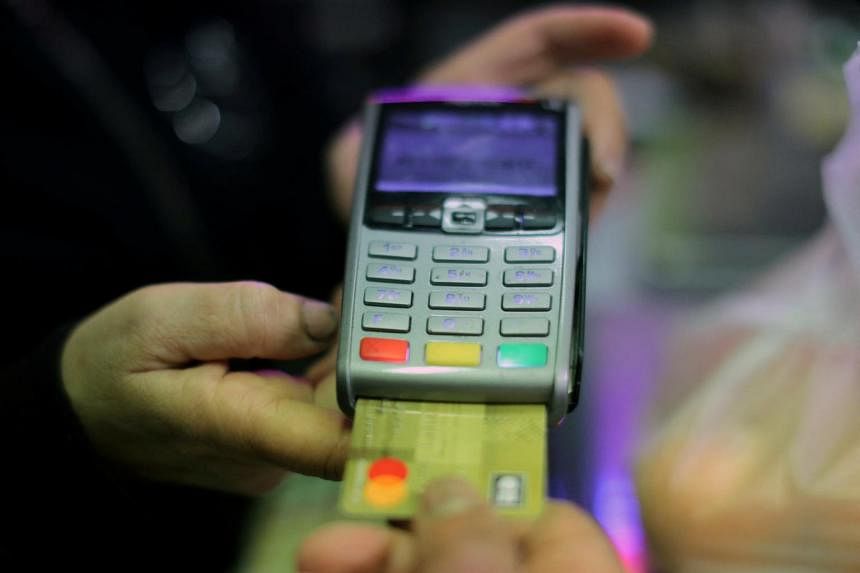SINGAPORE - Safeguards should be in place for "buy now, pay later" (BNPL) service users, said the Consumers Association of Singapore (Case) after it received 18 complaints in 1½ years involving BNPL service providers.
The complaints include technical issues with payments and inability of consumers to seek refunds.
In a blog post on Friday (June 24), Case president Melvin Yong said BNPL services could lead to consumers spending more that they can and making impulsive buys, due to a false perception of increased purchasing power.
"This happens in the credit card landscape, and can just as easily happen with the proliferation of BNPL services," said Mr Yong.
BNPL services allow buyers to defer or spread out payments for purchases interest-free. Such schemes have also grown in popularity in recent years, as they cover many products online that appeal to young consumers.
A report last year by market research firm Milieu Insight had shown that close to a fifth of Singaporeans aged 16 and above have used a BNPL service.
The Singapore FinTech Association (SFA) has launched a working group to develop a code of conduct for all BNPL providers, under the guidance of the Monetary Authority of Singapore (MAS).
During a recent visit to SFA, Mr Yong spoke to members of the BNPL working group on how consumer safeguards can be strengthened for such schemes. He proposed a series of suggestions on what the code of conduct for such services should include.
For example, this includes setting limits for consumers and BNPL providers.
"Consumers should be allowed to set purchase limits for themselves, to guard against excessive and untenable monthly instalments," said Mr Yong, adding that there should also be a corresponding limit on the maximum quantum of penalty charges that BNPL providers can levy on consumers, to prevent defaults.
Advertisements for BNPL services should also be regulated, said Mr Yong. Such advertisements should prominently display the total absolute amount that consumers would pay should they default on their instalments.
He also noted that one of the main criticisms of the Singaporean BNPL scene is that credit is "too accessible", due to the lack of an assessment of the credit worthiness of its users. Thus, he suggested that a purchase limit for accounts opened by first-time BNPL users and vulnerable accounts, such as people with poor credit ratings and are deemed to be on shaky financial ground.
"These limits can progressively be increased if the consumer is shown to have good credit standing by making timely repayments," said Mr Yong.
He also proposes a mandatory ceiling, such as $500 a month, on maximum purchases allowed for users aged below 21, as most consumers between 18 and 21 do not earn an income.
Other suggestions include having BNPL-related consumer spending data to be included in consumers' credit ratings and providing clear recourse avenues for resolving disputes.
Mr Yong also advised the public to protect themselves if they are BNPL users, such as consciously setting reminders and money every month to pay for instalments.
"With proper planning, BNPL will be a value-added service to consumers. Case will continue to work with MAS and the BNPL Working Group to ensure that consumers are protected when using BNPL services, and to ensure that BNPL does not come to mean "buy now, pain later," he added.
Consumers whom The Straits Times spoke to welcomed the suggestions, particularly the one allowing them to set purchase limits.
Ms Rachel Tan, who uses Atome at Sephora, said this would help to control her spending. She said once she spent $90 at the beauty retailer.
"If I can set a purchase limit, at least I can limit my expenditure, or else I might overspend without knowing," said the 27-year-old marketing executive.


